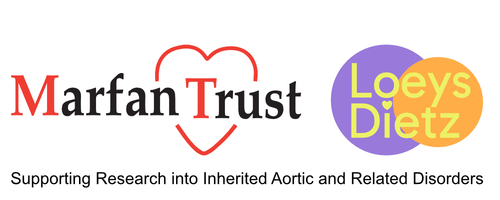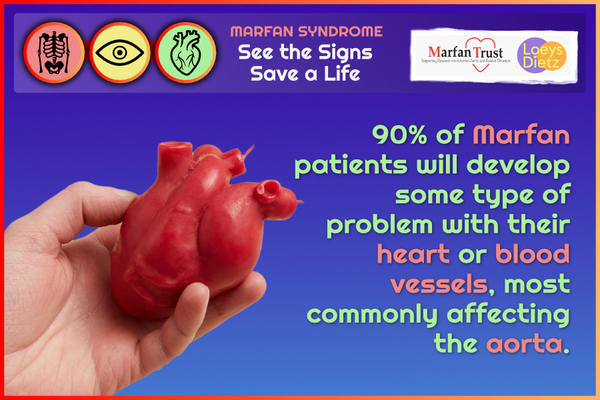Definition
Infective Endocarditis is a rare condition where the inner lining of the heart – most commonly one of the heart valves – becomes infected.
Who is at risk?
You are at High Risk if you have:
- Previously had infective endocarditis
- Had heart valve replacement or repair
You are at Moderate Risk if you have/have had:
- Unoperated heart valve disease (a leaking or narrowed heart valve)
Recognising the Symptoms
The symptoms are often very vague. If you have flu–like symptoms (fever, sweats or chills) that are severe or last longer than a week, you should seek medical attention from your GP urgently, and bring the attached completed Endocarditis In Case of Emergency (ICE) Card with you. See below for attachment button.
Advice for For GPs
Always obtain blood cultures BEFORE starting antibiotics in patients with possible Endocarditis.
Advice for Dentists
Dental work where antibiotic prophylaxis should be considered in high risk patients includes:
- Extractions
- Subgingival scaling
- All procedures that involve manipulation of the gingival tissue or the periapical region of teeth or perforation of the oral mucosa.
For patients who have a penicillin allergy or who have taken a penicillin or cephalosporin-group antibiotic in the last 4 weeks: Clindamycin 600mg orally (child 50mg/kg up to 3g); orally, 1 hour before the procedure.
For patients with no allergy to penicillin or ampicillin: amoxicillin or ampicillin 2g 30-60 minutes pre procedure.
History
In March 2008 the National Institute For Health and Care Excellence (NICE) guidelines recommended complete cessation of antibiotic prophylaxis. Unfortunately the incidence of endocarditis increased, as carefully documented in Dr Mark Dayer’s paper in the Lancet
Dayer M J et al: An Increase in the Incidence of Infective Endocarditis in England since 2008: A secular trend interrupted time series analysis; Lancet. 2015 March 28; 385 (9974): 1219-1228
Present Practice
The medical and dental professions now recommend a return to antibiotic prophylaxis in high and moderate risk patients, as above.
Recommendations to Reduce Risk
- Maintain good oral hygiene (teeth and gums) and have regular check-ups with your dentist
- Avoid body piercing and tattooing
- Don’t inject recreational drugs
- Download and fill out the ICE card in the attachment below and carry it with you in case of emergency









